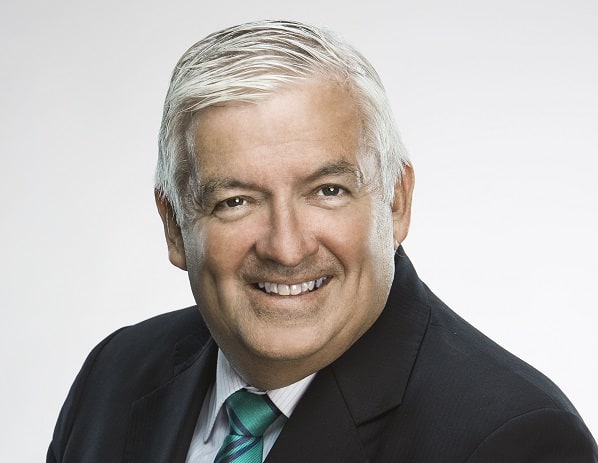Lighting Council Australia names Richard Mulcahy as new CEO
Lighting Council Australia has appointed a new CEO. Richard Mulcahy talks to Paul Skelton about his political background and how that will benefit the industry.
After nine years at the top, Bryan Douglas has stepped down as chief executive of Lighting Council Australia, leaving large shoes to fill at the peak of lighting industry.
ADVERTISEMENT
After an exhaustive search, the Lighting Council Board has named Richard Mulcahy as the new CEO.
In addition to being a former member of the ACT Legislative Assembly, Richard has headed up half a dozen industry organisations spanning a range of sectors.
“What I hope to bring to the table are strong connections in the parliamentary scene,” he says.
“I was deputy opposition leader in the ACT and I had six portfolios including shadow treasurer. I’m on pretty good terms with most of the cabinet federally, the Labor Party leadership, the Greens leadership and a raft of senators, including Nick Xenophon, Jackie Lambie and Pauline Hanson.
“What I hope to bring to the table is heightened awareness in parliament of the issues that are affecting the lighting industry, such as the cost impost that we have to address when we face regulatory challenges.
“I hope that I can get a few doors opened and ensure that this industry receives the recognition that it deserves.”
Richard also holds the title of adjunct professor at the University of Queensland.
“In my career I have been successful in pushing major policy changes, including the abolition of sales tax in the confectionery industry and achieving pretty successful outcomes in industrial relations in that same industry. I also played a role in getting stronger country of origin food laws brought into Australia last year.”
Prior to this, Richard spent 11 years as the chief executive of the Australian Hotels Association representing 8,500 hotels. And while he isn’t across the technical minutia of lighting technology, navigating a technical role isn’t new to him and he will maintain a roster of technical gurus at the Council.
“We are well served in the Lighting Council by some very capable technical managers who have a lot of experience and who produce good material on behalf of the industry.
“Now, I hope that we’ll be able to get our point of view heard by the federal government. The battle is getting a hearing and I’m confident that that will happen.
“At least one of the lighting industry’s great strengths should resonate well with the Prime Minister. At the last election, he campaigned very heavily on innovation. And if there’s one thing that we have in this space, it’s innovation.
“This industry is changing dramatically and there will be huge opportunities available to us in the future; but, there will also be challenges like ensuring that we can work with government to cope with the rollout of new technology.”
Despite being in the job for just a few weeks, Richard says he is concerned about the cost impact of forthcoming regulation.
“There are issues that I can see on the table that have the potential to cost the industry heavily. We’ve got to ensure that in the quest to have more efficient control over emissions and more efficient lighting that we don’t embrace ground rules that will make it financially unviable for Australian companies to continue in this space.
“We need to temper the ambition in this industry with commercial reality.
“I come from a deregulatory background – I’m not a big fan of massive regulation – and I think that we have to first and foremost ensure that industry is commercially viable. I’ll be doing everything in my power to ensure that the Commonwealth Government and the regulators appreciate the importance of ensuring the industry can grow in a constructive but responsible way and not be unduly hampered by overly enthusiastic regulations.”
With such a high profile role in the industry, Richard will assuredly become a very recognisable face in the near future. Be sure to meet him at the 2017 sparc-FMA International Lighting & Facilities Event in Sydney, 30 May to 1 June.
-
ADVERTISEMENT
-
ADVERTISEMENT


